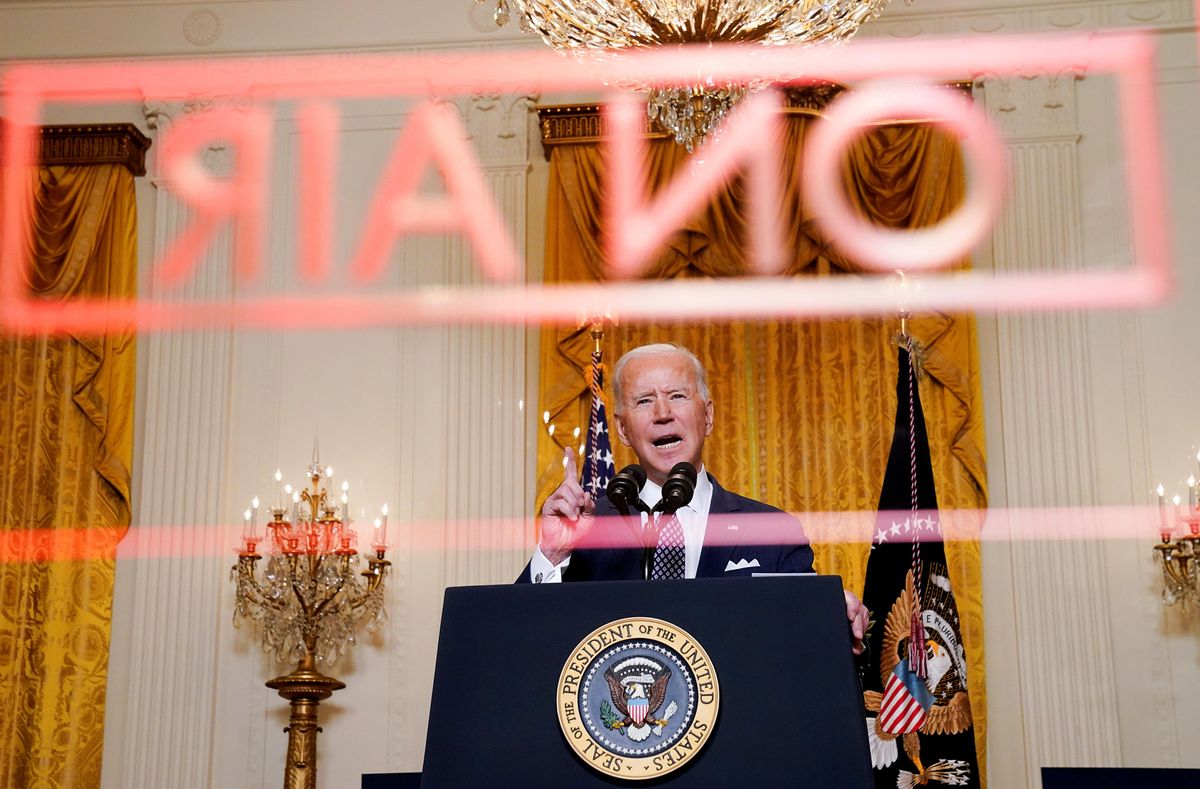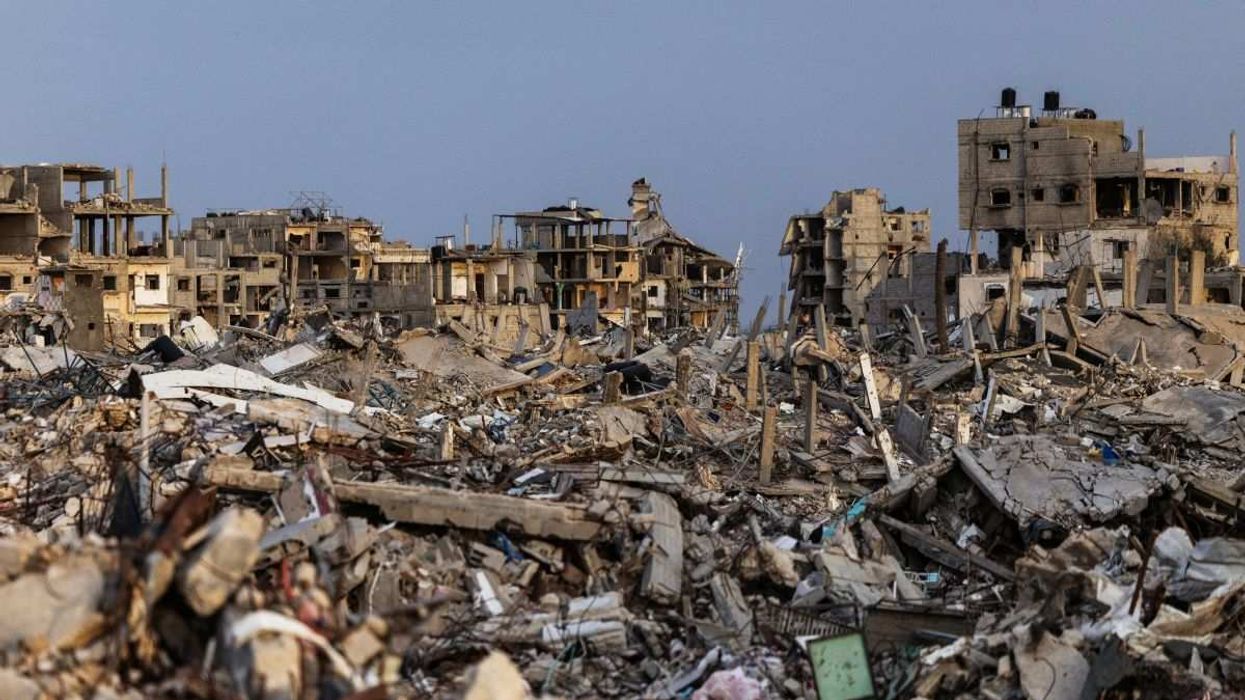A year ago, the annual Munich Security Conference was the last major international event to take place before the world locked down following the appearance of a mysterious new virus in Wuhan, China. Close to 2.5 million COVID deaths later, world leaders again gathered on Friday, this time virtually, to discuss the future of global cooperation, particularly between the US and Europe, in the post-Trump era. Here are a few takeaways.
America is back. Conference participants celebrated America's return to the global cooperation arena with Joe Biden now in the White House. Top European partners expressed delight at the US' fresh willingness to be a part of – and in some cases lead — various joint commercial and security projects and multinational organizations.
In short order, the US has rejoined the World Health Organization and Paris Climate Accord, and has pledged $4 billion to the COVAX global scheme to ensure equitable distribution of COVID vaccines. There will be fewer threats from Washington, and more cross-border collaboration. These developments are not quite as well received in China or Russia, whose leaders weren't invited to this particular Zoom call.
Make multilateralism great again. After four years of transatlantic tension under Donald Trump, and with the pandemic still raging, the 2021 Munich consensus is that multilateral institutions are indispensable for dealing with the world's problems. The top priority now is rolling out jabs for everyone, for reasons epidemiological, economic and political, but German Chancellor Angela Merkel also said America must also do more to help Europe counter Islamic terrorism in Africa, for instance.
Global cooperation was dismal in many respects in dealing with the pandemic last year, and multilateral institutions became an afterthought. But the nationalist and populist policies that UN Secretary-General António Guterres argues failed to contain COVID have added to the urgency for greater cooperation and policy coordination. Guterres has a global plan to give jabs to everyone, everywhere — a dramatic U-turn from the "country first" responses that were so prominent last year.
Change is gonna come. While a shared vision rooted in liberal democratic values is important, events of the past few years indicate that it's simply not enough to tackle 21st century challenges. There are areas where the interests of like-minded nations will diverge.
In Munich on Friday, for example, French President Emmanuel Macron noted that while the US and Europe will remain close allies with a common worldview, their respective priorities do not always align. The US, for instance, is increasingly turning its attention to the Pacific, while Europe has a bigger footprint and more at stake in Africa. Acknowledging this reality and accounting for it in policy-making will strengthen the transatlantic relationship, Macron suggested, not weaken it. The same is true for NATO, which the French leader says needs to change its "strategic concept" in order to better respond to evolving global challenges like cyber weapons, China's more assertive foreign policy, Russian aggression, and climate change.
In 2019, the French leader caused a stir when he said the NATO alliance was suffering from "brain drain," which many saw as a diss to the workable status quo. But a global economic recession and pandemic later, will world leaders be more susceptible to the belief that Europe needs to reimagine its institutions and regain its "military sovereignty."
Platitudes. These sort of global forums are ripe ground for trite remarks, but whether world leaders will keep promises made from podiums always remains to be seen. President Biden's new climate czar, John Kerry, pledged an inclusive approach to climate action that helps low-income countries like Bangladesh and island nations that are most vulnerable to climate displacement. But the US has flip-flopped on climate commitments in the past. Can it be trusted this time? Lurking behind the satisfaction that Biden has replaced Trump is understandable concern that America might abruptly shift course again after the next election.
European and American leaders alike reiterated their commitment to a global vaccine distribution effort. Their words were heart-warming, sure, but vaccine hoarding by rich countries remains a big problem (130 low and middle-income countries haven't even started rolling out vaccines). Reversing this trend will take time, money, and an even scarcer and more precious resource — political will.
Bottom line: (Most of) Europe is relieved that the era of standoffish America is over — at least for now. But a shift of political gears and a surge of hopeful rhetoric alone won't change the game. Enormous global challenges remain, and Brussels and Washington won't always see eye-to-eye on how to address them going forward.

















